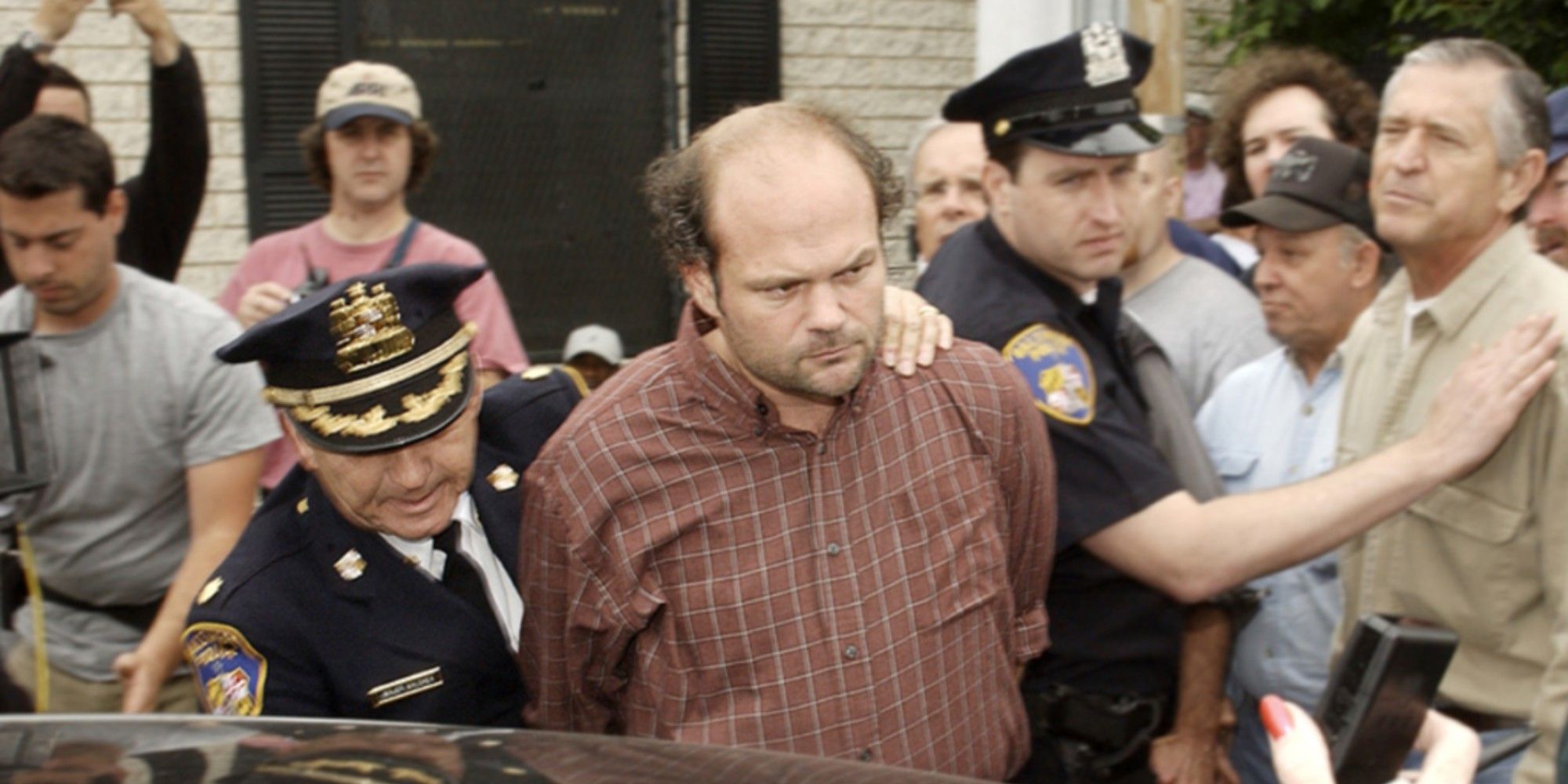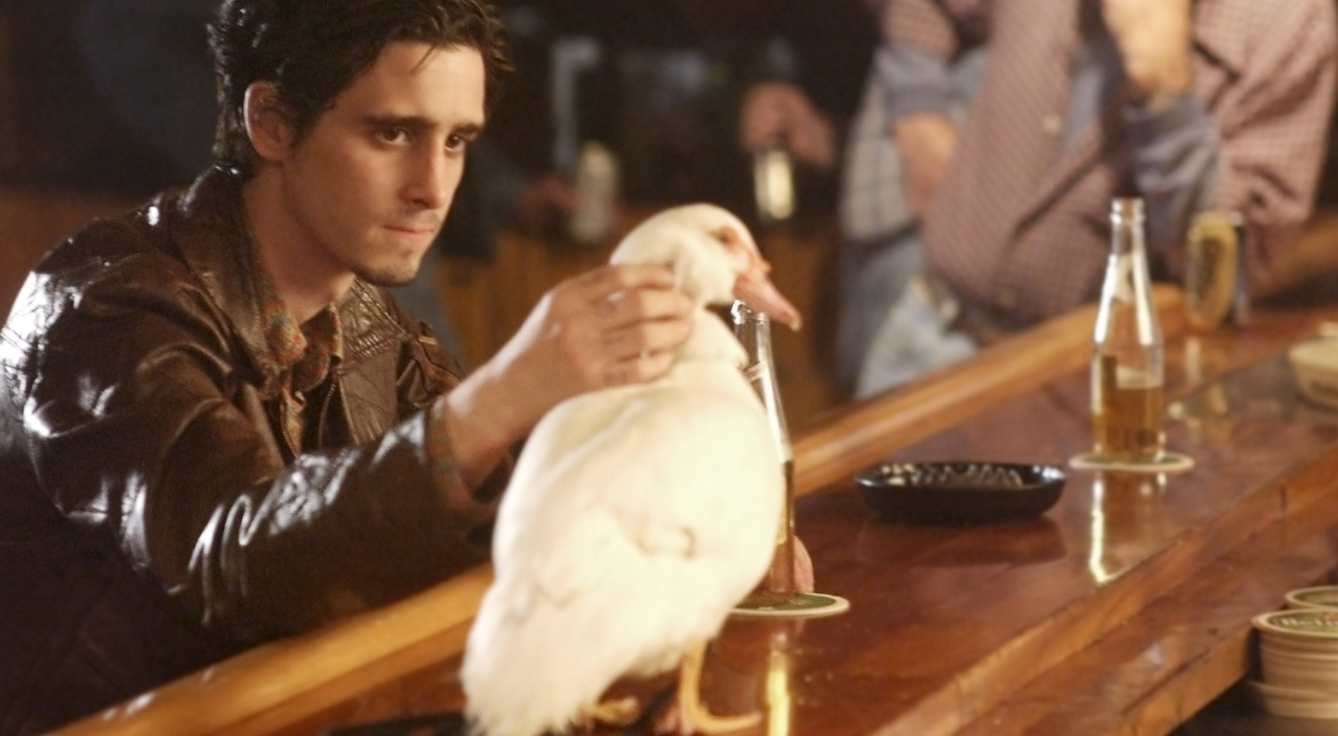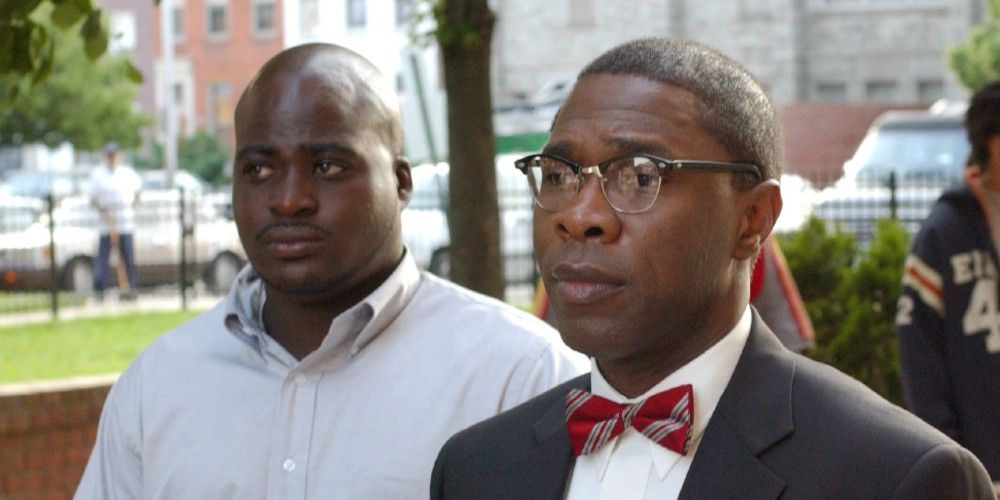
The Wire (2002-2008) is often considered one of the greatest TV shows of all time. Alongside HBO shows like The Sopranos, The Wire elevated long-form TV storytelling through a “novelistic” approach that assembled a complex portrait of a major American city. However, Season 2 carries a relatively controversial reputation, with many still considering it “the worst” of The Wire and skippable. But in hindsight, Season 2 holds up as necessary watching that deserves reconsideration from both new viewers and returning ones.

Audiences expecting more of Season 1’s wire-tapping into the Barksdale Organization were surprised when Season 2 shifted focus onto the decidedly unsexy Baltimore docks. The Wire already had a sprawling cast, and Season 2’s new batch of characters felt like a jarring addition to what they had grown accustomed to. Rather than focusing on street-level drug dealing, Season 2 showcased the blue-collar stevedores and their union treasurer Frank Sobotka (Chris Bauer), who smuggles drugs and prostitutes through the ports to make ends meet.
Every season of The Wire would introduce a new Baltimore institution: Season 3 had mayoral politics, Season 4 had schools and Season 5 had the press. But first-time viewers unaware of these blueprints found the adjustment to the new setting disorienting. Some feel they can now simply skip over to Season 3, as the Barksdale are mostly in the background of Season 2.
There was also a racial controversy with this change. Michael K. Williams, who played fan-favorite character Omar Little, even asked show creator David Simon during Season 2, “How come we made the show hot, and you want to give it to white people?”
It didn’t help that one “white person” was Ziggy Sobotka, played by James Ransone. Compared to the strategic and level-headed characters in The Wire, Ziggy was brash and annoying. He flagrantly pursues a criminal lifestyle and shows off his illegal wealth, landing himself and others in trouble with his pranks and goofy behavior. Although Ziggy was intentionally immature, it didn’t stop audiences from finding him grating.

Although Ziggy is remembered for his arrogant behavior, later episodes show the characters’ depth. Season 2, Episode 10, “Storm Warnings” particularly shows Ziggy pushed to breaking point, with Ransone playing his emotional distress incredibly well. Ziggy is also fundamental for the storyline of his father, Frank Sobotka, who became one of The Wire’s best characters. Frank’s arc resembles a Greek Tragedy — not just by interacting with unassuming drug kingpin The Greek (Bill Raymond), but by desperately trying to keep the stevedores alive while facing deindustrialization and automation. Re-adjusting its focus gave The Wire an ambitious season about dysfunctional institutions, which is core to the show’s themes, and showed the wider infrastructure of Baltimore.
Plus, even if the Barksdales move into the background, Season 2 still gives them vital storylines. With Avon Barksdale (Wood Harris) now imprisoned, Stringer Bell (Idris Elba) begins to subtly take their organization in another direction, laying essential groundwork for Season 3. This includes Avon hiring erudite hitman Brother Mouzone (Michael Potts) to eliminate Omar, and Stringer’s reaction to Avon’s nephew D’Angelo Barksdale (Lawrence Gilliard Jr.) attempting to rehabilitate himself in prison. D’Angelo analyzing The Great Gatsby in “All Prologue” remains a quiet highlight of The Wire.
In contrast to Michael K. Williams, James Ransone theorized, “the only people who really dislike the second season are white people. People got mad that they moved it out of the hood.” The Wire was no longer about stereotypical gangsters, but how white, blue-collar workers were also complicit in the drug trade. Indeed, Season 2’s first episode “Ebb Tide” has Herc (Domenick Lombardozzi) comment how he loves “white boys,” as instead of the intricate code from Season 1’s Barksdales, they make explicit drug deals in the open. It’s a funny scene, but it also shows the different expectations and innovations within different races.
Therefore, The Wire uses Season 2 to expand into new territories. It elevated The Wire from being a binary “crime show” to one which examined how all societal institutions fit together. A main mantra of The Wire was that “all the pieces matter,” and while Season 2 may initially appear jarring, it remains necessary watching for The Wire’s complete picture.
0 Comments